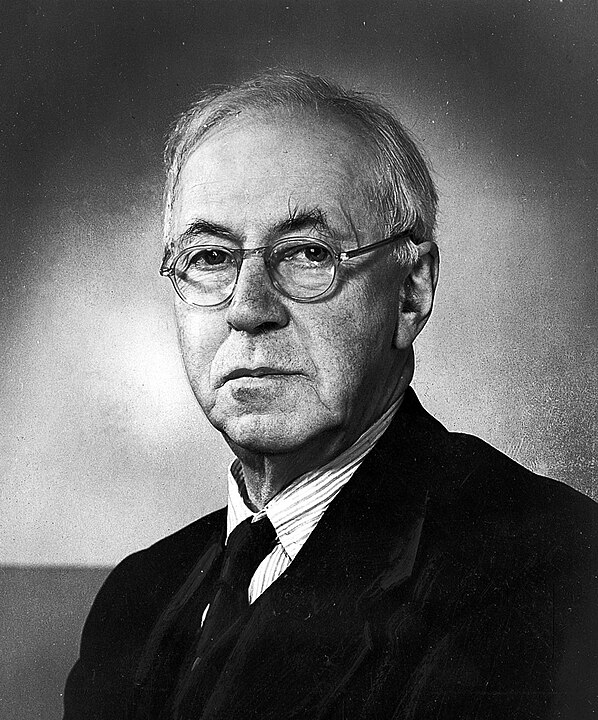Why was Henry Hallett Dale Awarded the Nobel Prize for Physiology or Medicine in 1936?
Henry Hallett Dale: Nobel Laureate for Pioneering Discoveries in Chemical Transmission of Nerve Signals (1936)
Henry Hallett Dale, a British pharmacologist and physiologist, made significant contributions to the field of neuroscience during the early 20th century. Renowned for his groundbreaking research on the chemical transmission of nerve signals, Dale played a pivotal role in advancing our understanding of how neurons communicate with each other. In recognition of his exceptional work, he was awarded the Nobel Prize for Physiology or Medicine in 1936. This article explores the reasons behind Dale’s prestigious honor and highlights his remarkable scientific breakthroughs.

Identification of Chemical Transmitters:
Henry Hallett Dale’s Nobel Prize was primarily awarded for his investigations into the chemical transmission of nerve signals. Dale conducted extensive studies on the mechanisms by which neurons communicate, focusing on the transmission of signals from one nerve cell to another.
Dale and his colleague Otto Loewi independently discovered the role of chemical substances, known as neurotransmitters, in transmitting signals between neurons. They demonstrated that specific chemical substances released by one neuron can influence the activity of neighboring neurons, thereby facilitating communication within the nervous system.
Elucidating the Role of Acetylcholine:
One of Dale’s significant contributions was the identification and characterization of acetylcholine as a neurotransmitter. He demonstrated that acetylcholine plays a crucial role in transmitting nerve signals in both the peripheral and central nervous systems.
Dale’s research revealed the diverse functions of acetylcholine, such as its involvement in muscle contraction, regulation of heart rate, and modulation of cognitive processes. His work laid the foundation for understanding the importance of acetylcholine in various physiological processes and its implications for human health.
Impact on Pharmacology and Medicine:
Henry Hallett Dale’s discoveries had a profound impact on the fields of pharmacology and medicine. His research paved the way for the development of drugs that target specific neurotransmitters, opening up new possibilities for the treatment of neurological and psychiatric disorders.
Dale’s identification of acetylcholine as a key neurotransmitter inspired the development of drugs that modulate its activity. Medications targeting acetylcholine receptors have been widely used to treat conditions such as Alzheimer’s disease, myasthenia gravis, and certain types of cardiac disorders.
Recognition and Legacy:
Henry Hallett Dale’s Nobel Prize in 1936 celebrated his exceptional scientific achievements and the transformative impact of his research in the field of neurotransmission. His discoveries regarding the chemical transmission of nerve signals revolutionized our understanding of how neurons communicate and paved the way for advancements in pharmacology and therapeutics.
Dale’s contributions continue to shape the fields of neuroscience, pharmacology, and medicine. His work provided the foundation for further investigations into neurotransmitters, their receptors, and their roles in physiological and pathological processes. His research has had a lasting impact on the development of drugs that target neurotransmitter systems, improving the treatment of numerous neurological and psychiatric conditions.
Henry Hallett Dale’s Nobel Prize in 1936 honored his groundbreaking contributions to the field of neuroscience and his pivotal role in unraveling the mechanisms of chemical transmission of nerve signals. His research on neurotransmitters, particularly his identification of acetylcholine, advanced our understanding of how neurons communicate and laid the groundwork for the development of targeted therapies.
Dale’s legacy continues to inspire advancements in neuroscience and pharmacology, guiding our understanding of the intricate workings of the nervous system and the development of novel treatments for neurological and psychiatric disorders. His work serves as a testament to the power of scientific inquiry and the pursuit of knowledge in improving human health and unraveling the complexities of the human brain.




